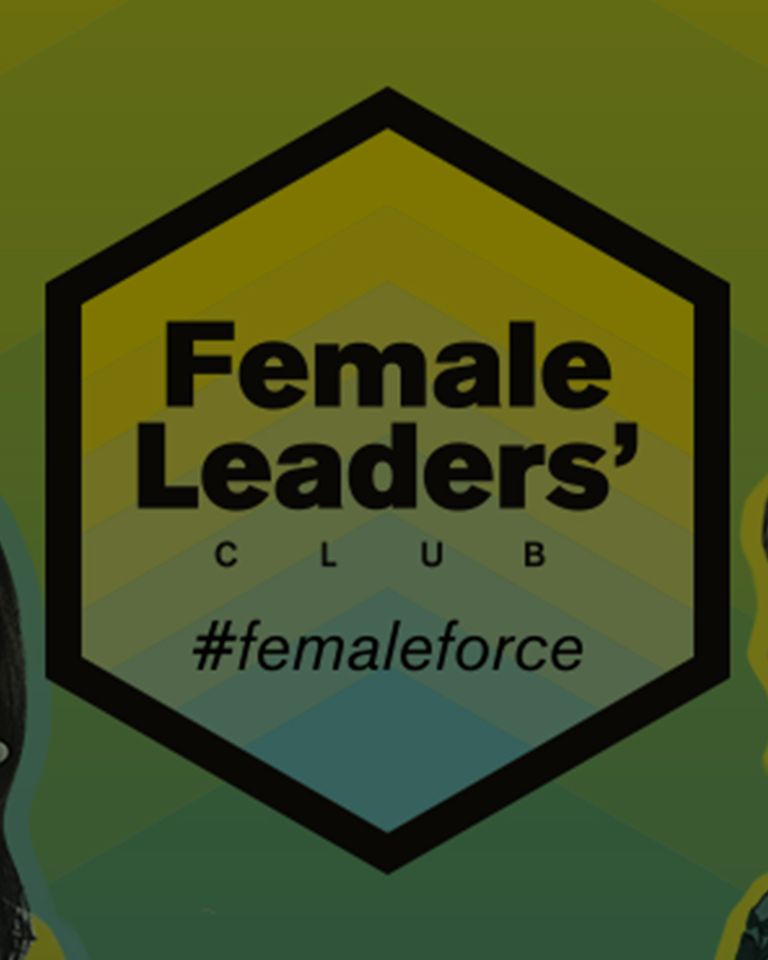Ben & Jerry's on Why Being Brave Takes More Than Courage
8 December 2023
Last week, I spoke at an Enviral event in Bristol, on “why businesses need to integrate a more activist mindset”. I told the story of Ben & Jerry’s activist roots, how we stand for issues that matter to us, and we are led by our values and the NGOs we work with. I talked about how marketers need to be brave, that companies should stand up for what they believe in and to expect that with progress, comes push back. I can’t seem to shake the conversations that followed.
We talked about the privilege required to be brave. Ben and Jerry themselves are universally educated white men. I am a straight, white woman, I am university educated, I’ve been in my job as Head of Communications for 8 years, and I work in a company that embraces activism.
If I’m brave, I don’t have to worry about a government locking me up for my views, I am unlikely to lose my job or be sidelined from society. If I use the channels we have as a company to criticise the government’s hostile environment policy towards refugees, it won’t retraumatise me, as I have never had to flee my home in search of safety. It hit me that the bravery I spoke about so freely came from a position of privilege. Yes, bravery starts with showing up. But courage means speaking up despite fear.
The systems we operate in as businesses – and as marketeers – are still structured for privileged white men. The criminal system, the legal system, the education systems, the media. These systems are not set up for equality, and we're seeing how people can use these systems to take away our rights.
Unless you've had the experience, no one can fully understand your trauma or what you're asking for and why. In activism communications, you need to help other people to understand, you need patience.
You need to be calm. It takes resilience as you make people uncomfortable. Just think of the old trope - “but women have so many rights now”.
The weight of changing the world shouldn’t be put on those who have suffered at the hands of those in power, and solidarity is required to make change, but also how do we ensure those with privilege don’t take up too much air space?
As leaders we need to ask - how can we ensure more diversity of voices in brand activism? What can we do as leaders to co-create spaces with people who have lived experience of an issue, bringing people in from the start of the process? How can we straddle the balance of using our own voices and platforms and the responsibility we have not to squander them, with giving space to those who have lived experience in a way that’s most comfortable to them?
None of this is easy, but then if it was, it wouldn’t be worth it.
Kerry will be writing a column for The Female Leaders' Club regularly throughout the year. You can watch her speak at The Female Leaders' Bar at MAD//Fest London this summer on our YouTube channel.


